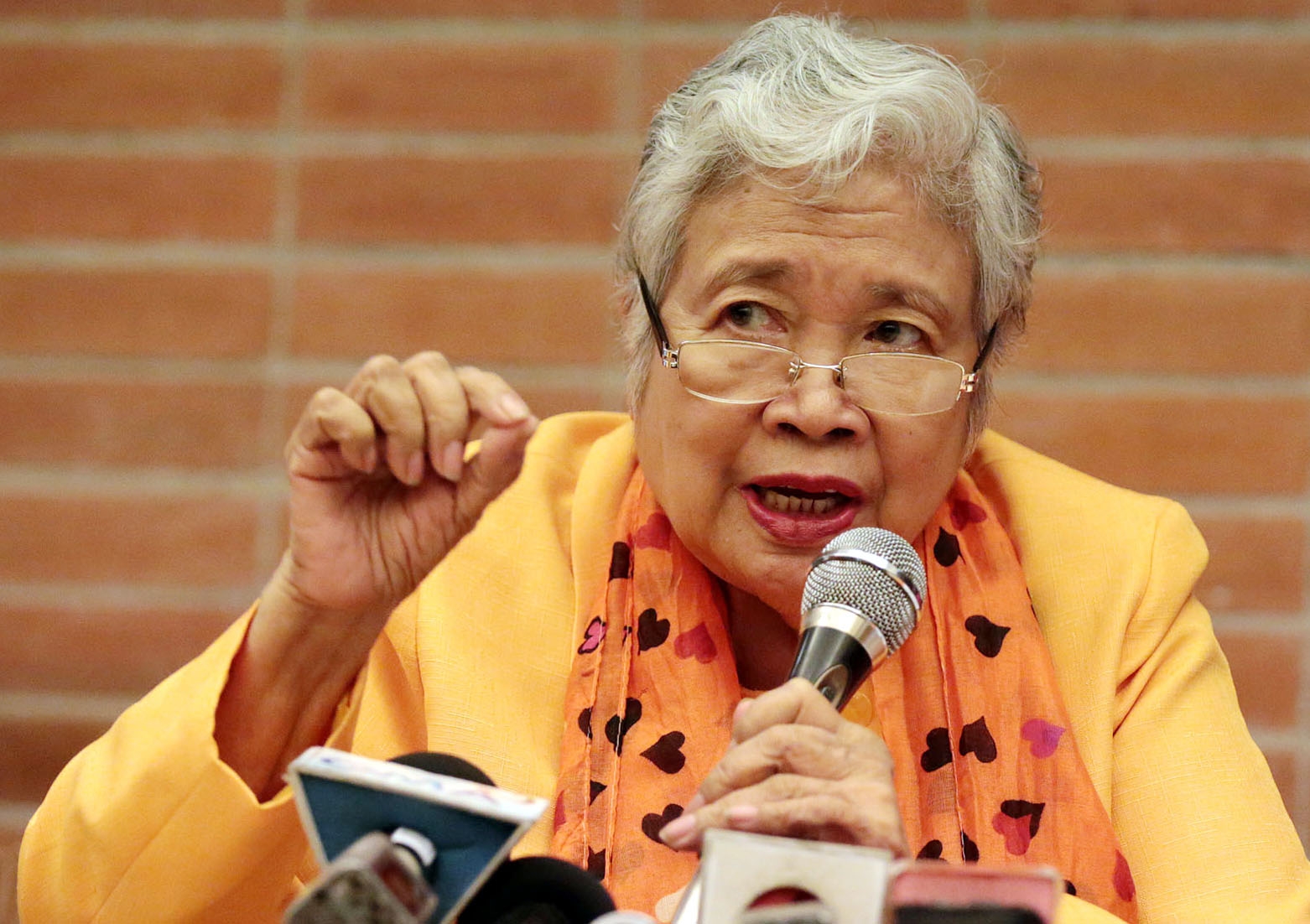DepEd vows to strengthen alternative learning system

DepED Secretary Leonor Briones INQUIRER FILE PHOTO / GRIG C. MONTEGRANDE
Education Secretary Leonor Magtolis Briones vowed on Sunday to continue strengthening and expanding the Department of Education’s (DepEd) alternative learning system (ALS) program to provide greater access to basic education.
In a statement, Briones said that “one can get educated, even without proper schooling and catch up with those in the formal education system.”
The DepEd in September rolled out the new K to 12-aligned ALS curriculum in July which will enable ALS learners to easily go from one modality of learning to another, from formal to nonformal.
Aside from the ALS, Briones promised to continue improving different welfare programs, including the indigenous peoples’ education, the special education (SPED), and the school-based feeding program (SBFP).
Briones said the DepEd adopted the National Indigenous Peoples Education Policy Framework through DepEd Order No. 62, series of 2011. As of school year 2016 to 2017, DepEd has reached 2,929,456 indigenous people learners nationwide.
The DepEd also fortified the SPED program, which caters to continues to cater to students with visual impairment, hearing impairment, intellectual disability, autism spectrum disorder, communication disorder, physical disability, emotional and behavioral disorder, multiple disability with visual impairment, and those who are orthopedically handicapped, chronically ill, and the gifted and talented.
To date, the agency said it has recognized a total of 658 SPED centers and regular schools offering the program. According to DepEd, for school year 2016-2017, 166,869 enrollees with special educational needs have enrolled in elementary and 16,128 in high school.
The Education chief also backed support in improving the scope of the SBFP to address undernourishment that hinders millions of children from going to school.
In a recent Senate committee on finance hearing, Briones reported that in 2016, the SBFP was able to serve 1,800,884 learners out of the 1,918,464 severely wasted and wasted target beneficiaries from Kindergarten to Grade 6 nationwide.
The DepEd said it plans to expand the number of beneficiaries and increase the allocated budget for the said program to accommodate the additional student beneficiaries under its 2018 budget.
The SBFP aims to boost classroom attendance by 85 percent to 100 percent, improve the nutritional status of the beneficiaries by at least 70 percent at the end of at least 120 feeding days, and improve the children’s health and nutritional values and behavior.
Briones also said the DepEd had bolstered its campaign for child protection by ordering the organization of child protection communities (CPC) in schools to ensure that cases and instances of abuses are constantly monitored.
The agency also released the DepEd Order No. 55, s. 2013, or the Implementing Rules and Regulations of Republic Act No. 10627, otherwise known as The Anti-Bullying Act of 2013, which further provides clearer rules on bullying and cyber-bullying. /je